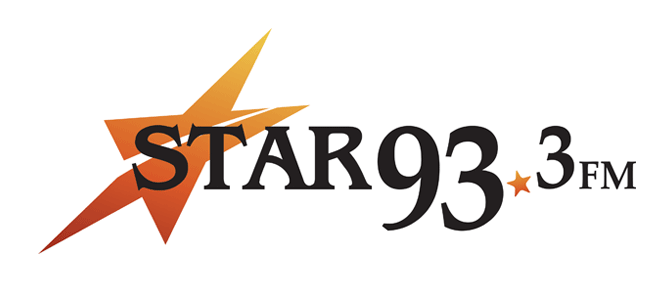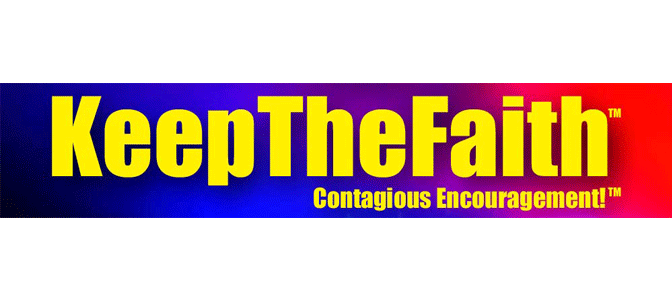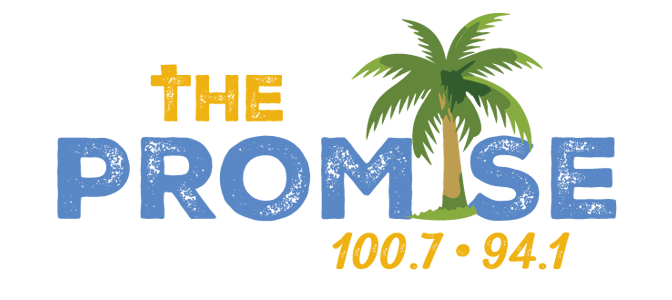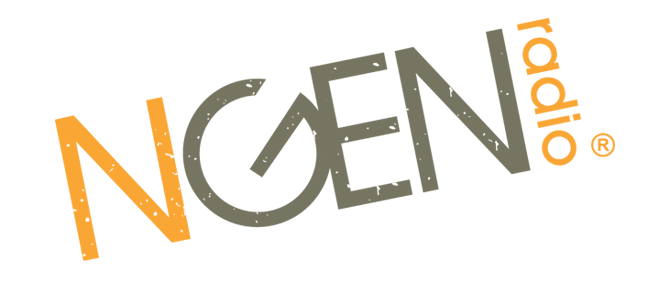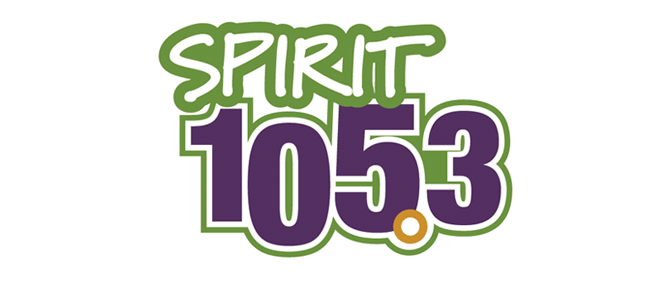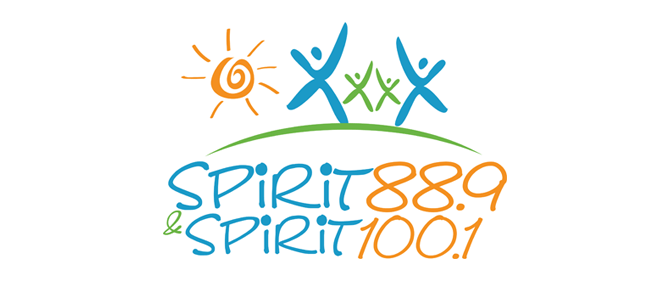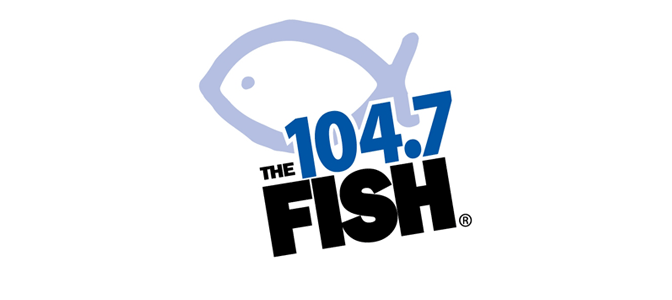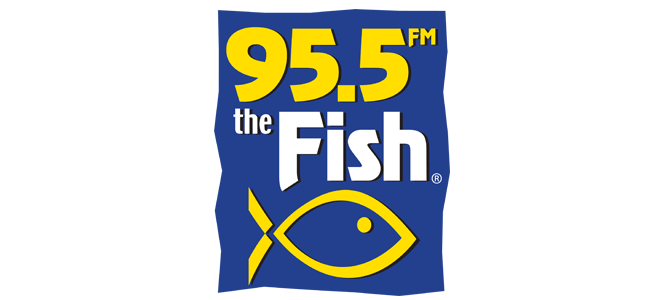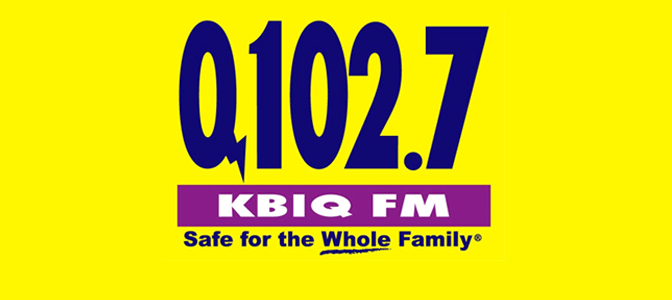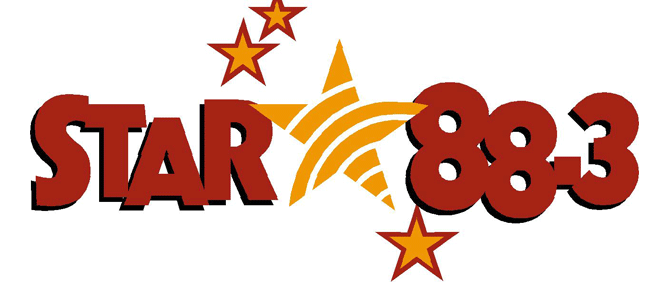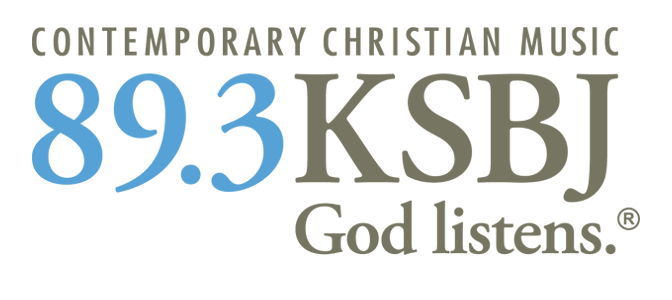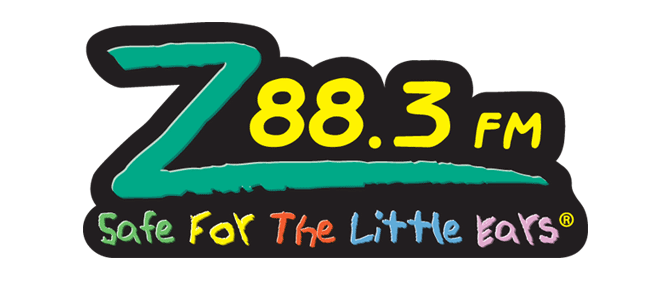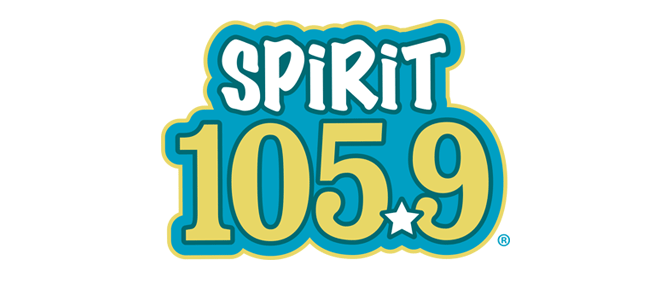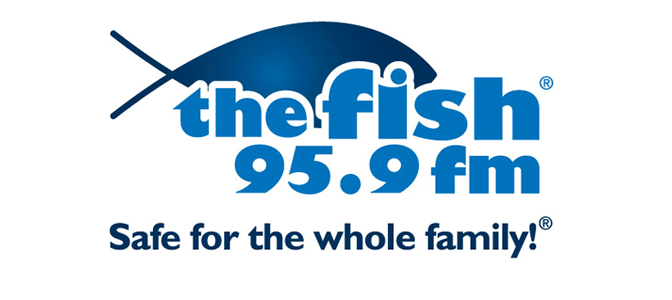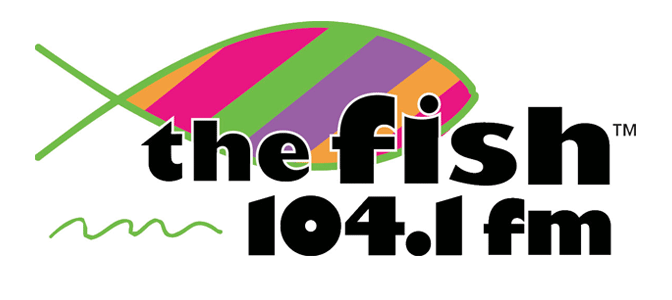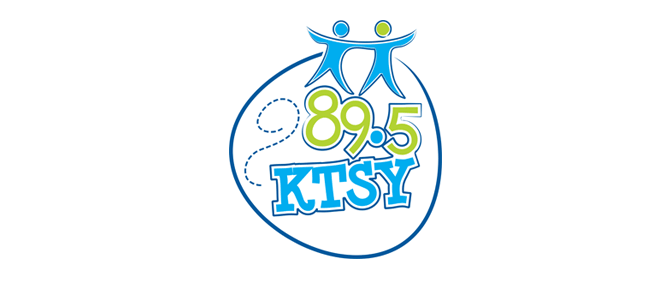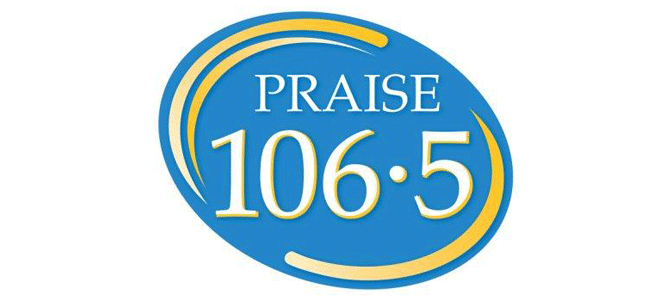A few weeks ago, I gave you a tip to generate more phone calls, or social media response – whatever you want in terms of listener feedback and participation.
I purposely didn’t address an inconvenient truth: if you’re not getting reaction, chances are that you’re just boring.
So, you need to become NOT boring.
Here’s how: be curious. Instead of blah-blah prep sheets or “bits” that are just things YOU want to do, look for things that will provoke an Emotional reaction from the listener.
It may be something as simple as why a certain road under construction is taking too long, and people are late for work as a result, for example. Something that the listener is experiencing today; not just some “click bait” article.
Being thought of as ‘interesting’ is usually just being AWARE, then articulating that on the air.
– – – – – – –
Tommy Kramer
Talent Coach
214-632-3090 (mobile)
e-mail: coachtommykramer@gmail.com
Member, Texas Radio Hall of Fame
© 2026 by Tommy Kramer. All rights reserved.

